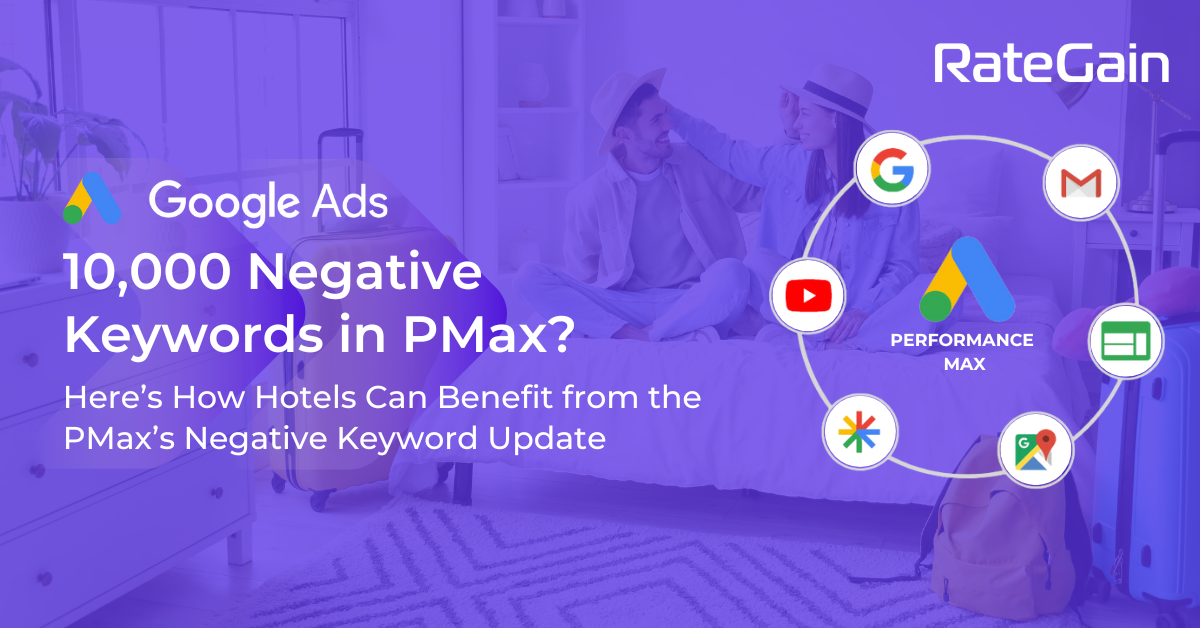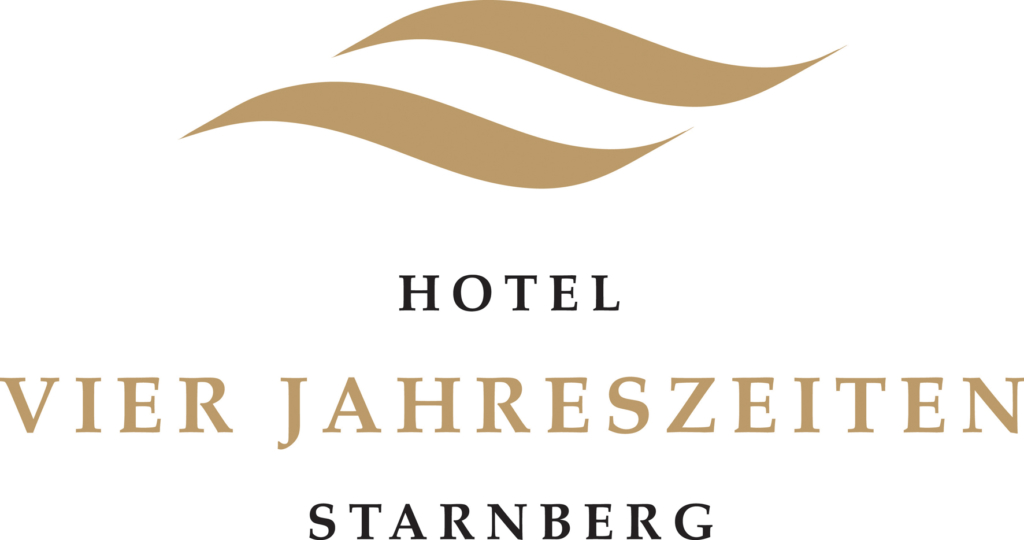Google has significantly increased the negative keyword limit for Performance Max (PMax) campaigns, raising the cap from 100 to 10,000 negative keywords per campaign. This change follows extensive feedback from advertisers who found the initial limit too restrictive. With this update, advertisers, including hoteliers, now have greater control over where their ads appear while still benefiting from PMax’s AI-driven optimization.
What Does It Mean for Hoteliers?
For hoteliers leveraging Google Ads to drive direct bookings, this update provides more precise control over ad placements, helping to:
- Reduce Wasted Ad Spend: Hoteliers can now exclude more irrelevant search terms that don’t align with their target audience, ensuring their budget is spent on high-intent travelers.
- Improve Ad Relevance: By filtering out searches unrelated to their services (e.g., “hostels in Paris” for a luxury hotel), hoteliers can refine their targeting and improve click-through rates (CTR).
- Enhance ROI: More control over negative keywords means fewer low-quality clicks, resulting in a better return on ad spend (ROAS) and more direct bookings at optimal costs.
- Maintain Brand Suitability: Hotels can now effectively block searches that do not align with their brand image or service offerings, ensuring their ads appear only in the most relevant contexts.
How Can Hoteliers Act?
To maximize the benefits of this change, hoteliers should take the following steps:
- Audit Current Negative Keywords: Review and update your existing negative keyword lists to ensure they align with your business goals.
- Expand Exclusions Strategically: Use the increased limit wisely by adding search terms that commonly result in low-value traffic, such as competitor names (if desired), budget accommodation searches for luxury properties, or irrelevant location-based searches.
- Leverage Search Terms Insights: Utilize Google’s Search Terms Insights tool to identify irrelevant queries that trigger your ads and refine your negative keyword strategy accordingly.
- Monitor Performance Regularly: Keep an eye on key metrics like conversions, cost-per-click (CPC), and ROAS to measure the impact of your negative keywords and make data-driven adjustments.
- Utilize Brand Exclusions and Other Controls: In addition to negative keywords, hoteliers should explore other targeting options like brand exclusions and audience segmentation to optimize campaign performance further.
This update from Google marks a significant improvement in giving hoteliers more control over their digital marketing campaigns. By strategically utilizing negative keywords and continuously optimizing their PMax campaigns, hoteliers can drive higher-quality traffic, improve ad efficiency, and ultimately boost direct bookings.
Now is the time to refine your hotel’s PPC strategy and make the most of this enhanced flexibility in Performance Max campaigns!
 Deutsch
Deutsch Português
Português Italiano
Italiano Espanol
Espanol čeština
čeština ไทย
ไทย Français
Français



